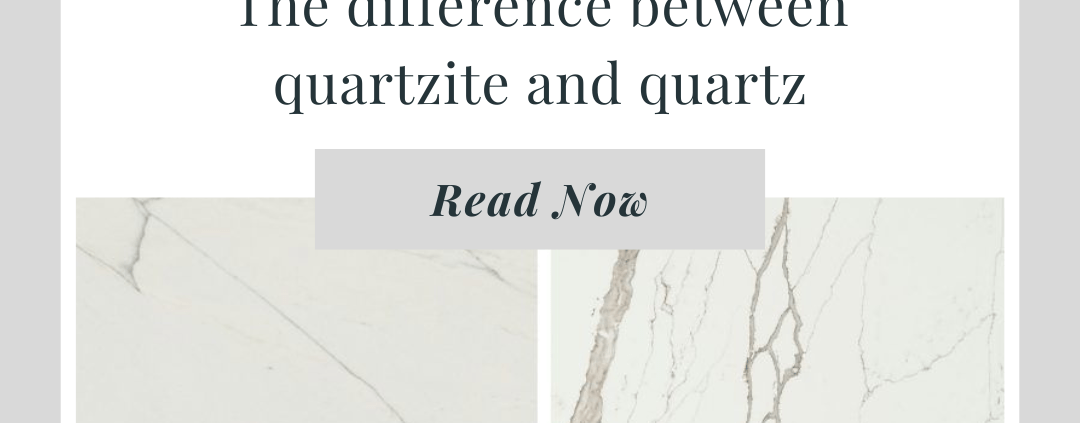The Difference between Quartzite and engineered quartz.

The Difference between Quartzite and engineered quartz. June 2024
Quartzite and quartz countertops, despite their similar names, differ significantly in composition, appearance, and maintenance. Quartzite is a natural stone formed from sandstone subjected to intense heat and pressure, which fuses the quartz crystals together. This process creates a 100% natural stone with no resins or additives. On the other hand, quartz countertops are engineered stones made from natural quartz crystals mixed with resins and pigments. Typically, they are composed of around 90-95% ground quartz with 5-10% polymer resins and pigments. In terms of appearance, quartzite offers natural patterns and veining similar to marble, often featuring soft, swirling patterns. Its colors are typically whites and grays, though other colors can be present depending on the minerals within the stone. Quartz, being engineered, is available in a wide range of colors and patterns, including uniform solid colors and designs that mimic natural stone. The controlled manufacturing process of quartz results in a more consistent appearance compared to the naturally varying patterns of quartzite.
Both materials are durable and hard, but quartzite is known for being extremely hard and more resistant to scratches and heat compared to many other natural stones. However, it requires sealing to prevent staining. Quartz is also very hard and durable, though slightly less hard than quartzite. One of its significant advantages is that it is non-porous and does not require sealing, making it resistant to stains and bacteria. This makes quartz a low-maintenance option, only requiring cleaning with mild soap and water.
Cost-wise, quartzite is typically more expensive due to its natural formation and extraction process. The price can vary depending on the rarity and origin of the stone. Quartz is generally more affordable, with costs varying based on the quality, brand, and design of the engineered stone. In summary, quartzite is prized for its natural beauty and durability but requires regular sealing and maintenance, while quartz is valued for its wide range of colors, low maintenance, and non-porous nature.






